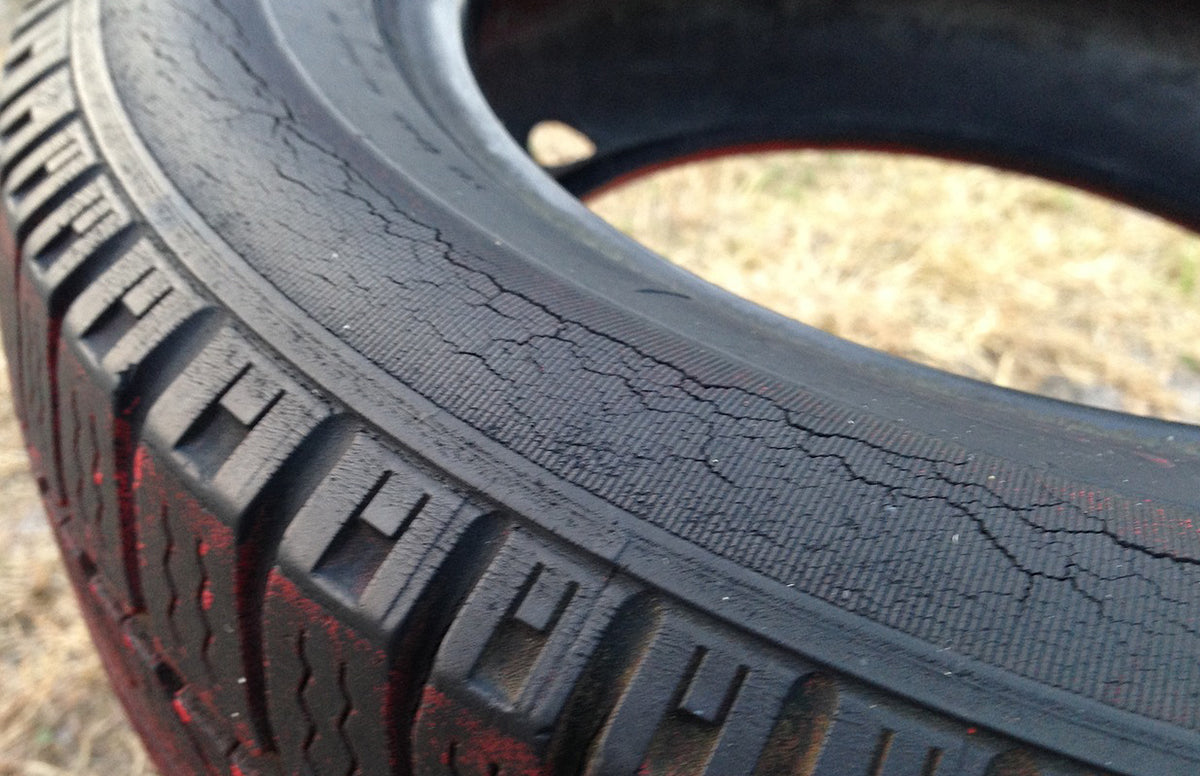Many tires these days are not flushed with air. For these, the tire pressure requirements are more stringent. And what rushes into the air has something to do with the changing seasons. Moreover, tire pressure is closely related to the performance of the car. Such as comfort, and carrying capacity. And it will affect the tire life.
The air pressure is the lifeblood of the tire, too high and too low will shorten its service life. If the air pressure is too low, the deformation of the carcass increases, the sidewall is prone to cracks, and at the same time, flexing motion occurs, resulting in excessive heat generation, which promotes the aging of the rubber, the fatigue of the ply, and the breakage of the cord. If the air pressure is too low, it will also increase the contact area of the tire and accelerate the wear of the tire shoulder. If the air pressure is too high, the tire cord will be excessively stretched and deformed, and the elasticity of the carcass will decrease, which will increase the load on the car during driving. wear and reduce rolling resistance.

1. Today's cars are generally equipped with a special tire pressure system, and it is easy to judge whether the tire pressure is normal from the dashboard!
2. Observe the tire condition before traveling. Radial tires - also known as low-pressure tires, as long as the flatness is not too low, it feels a lot of elasticity under the pedals, and it is normal if it is not soft. High pressure tire - is a bias tire with an inner tube. The shoulder part of the tire is not prominent from the front, commonly known as "no gills". From the side, the contact area with the ground is similar to the usual area, which is normal.
3. During driving, pay attention to the sound of the tires rubbing against the ground, feel the buffer force when the road surface is not very flat, and feel that the acceleration situation when refueling is different from usual. These are the usual accumulated experience.
4. Under normal circumstances, go to a professional tire repair shop to check and supplement the air pressure every week.

